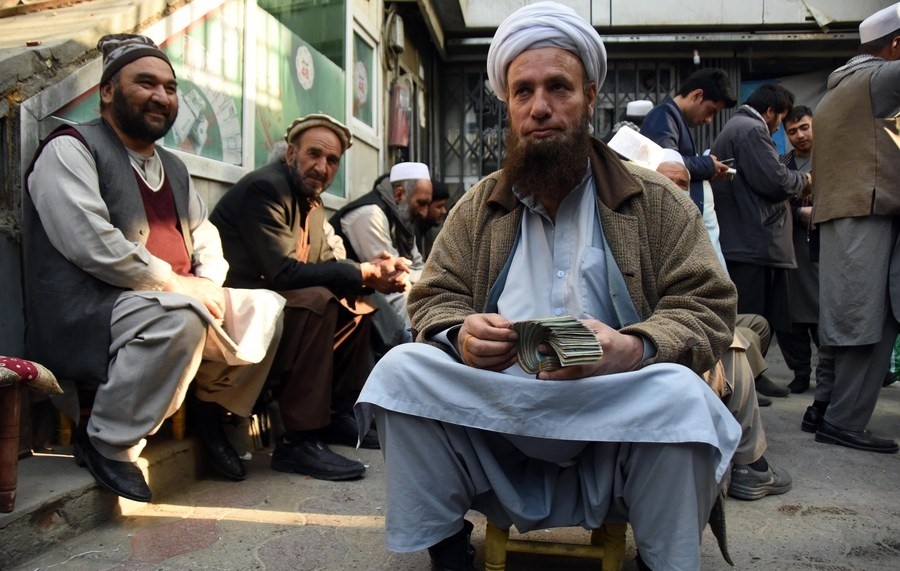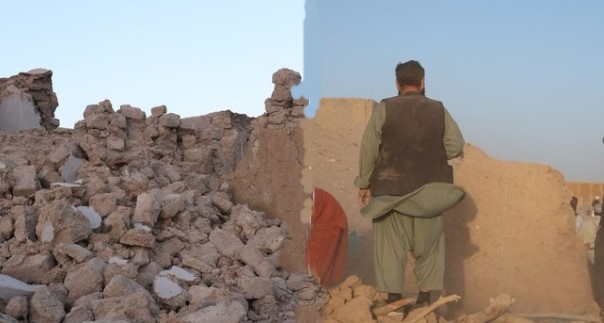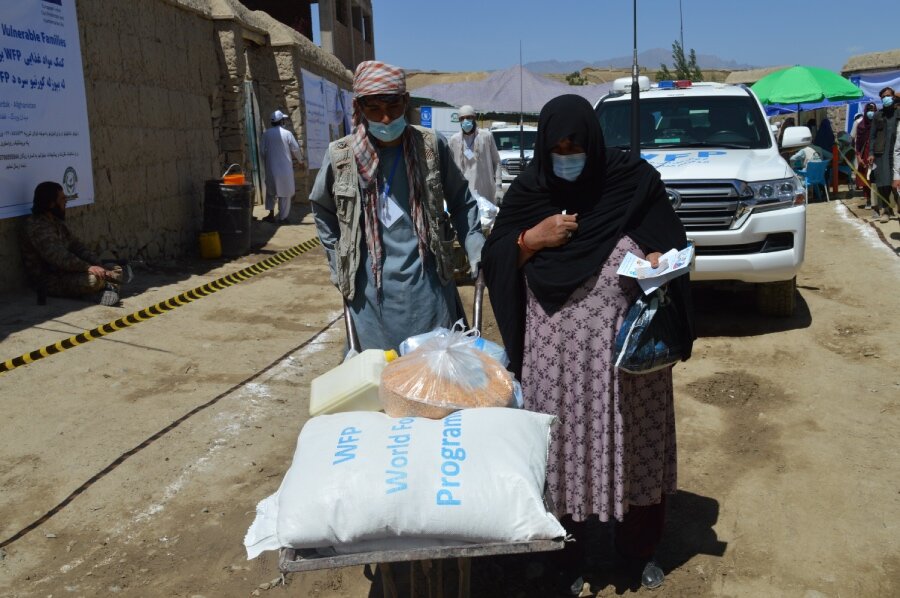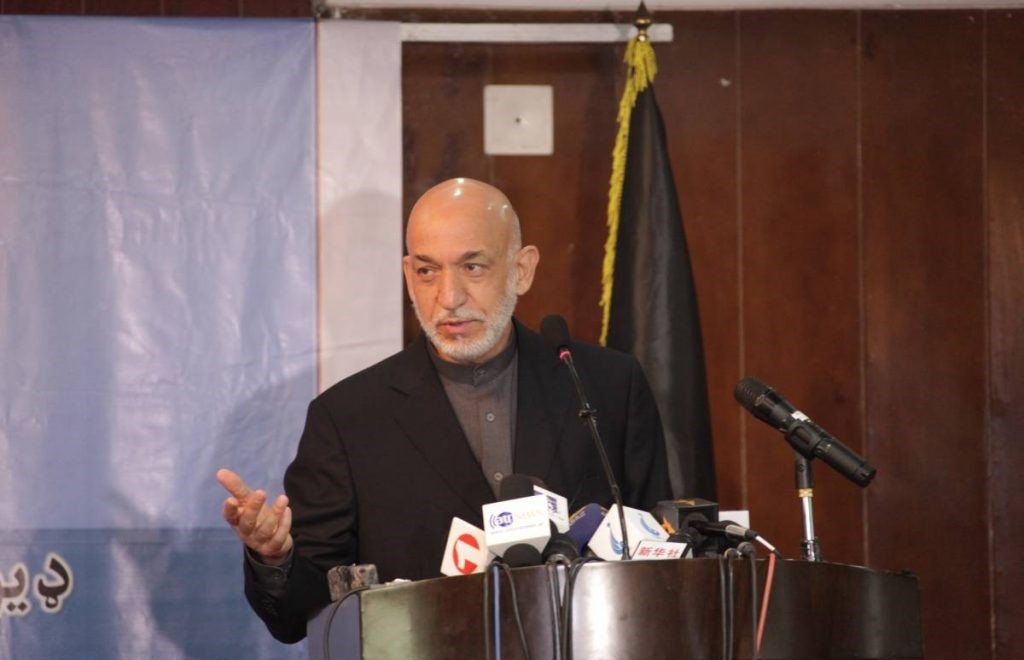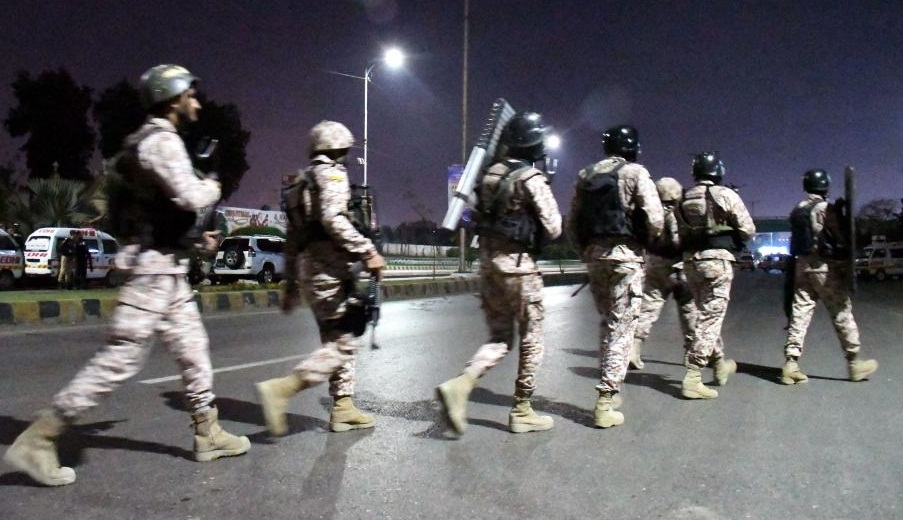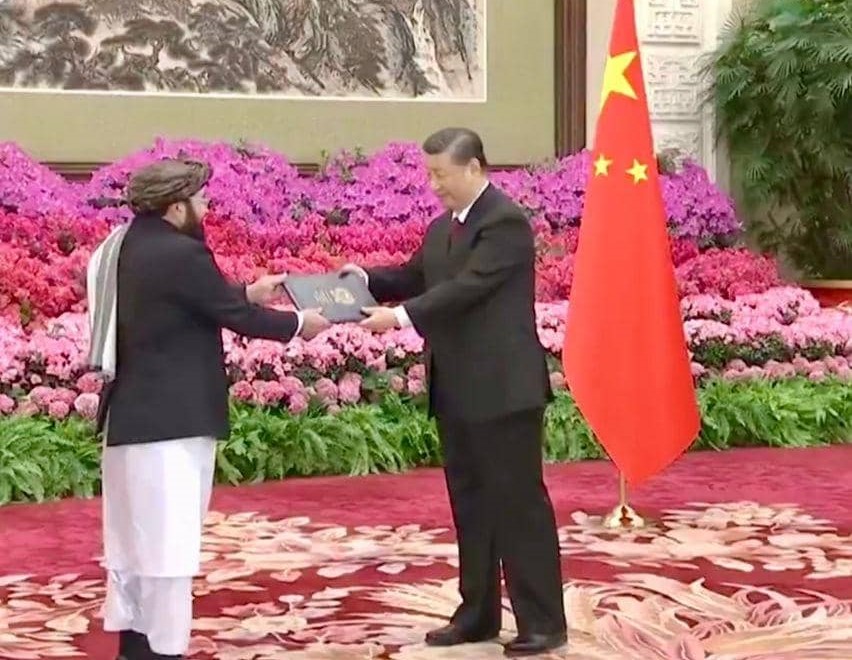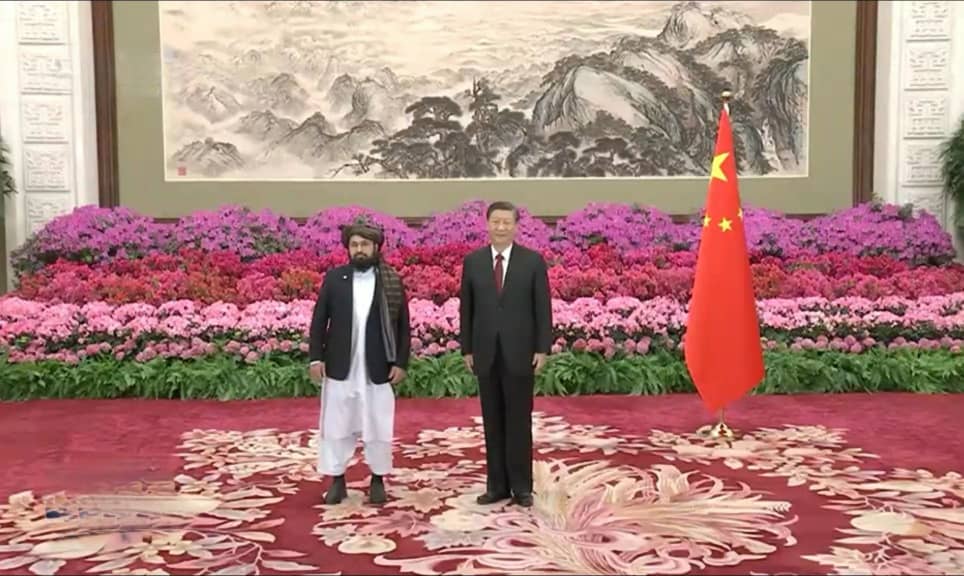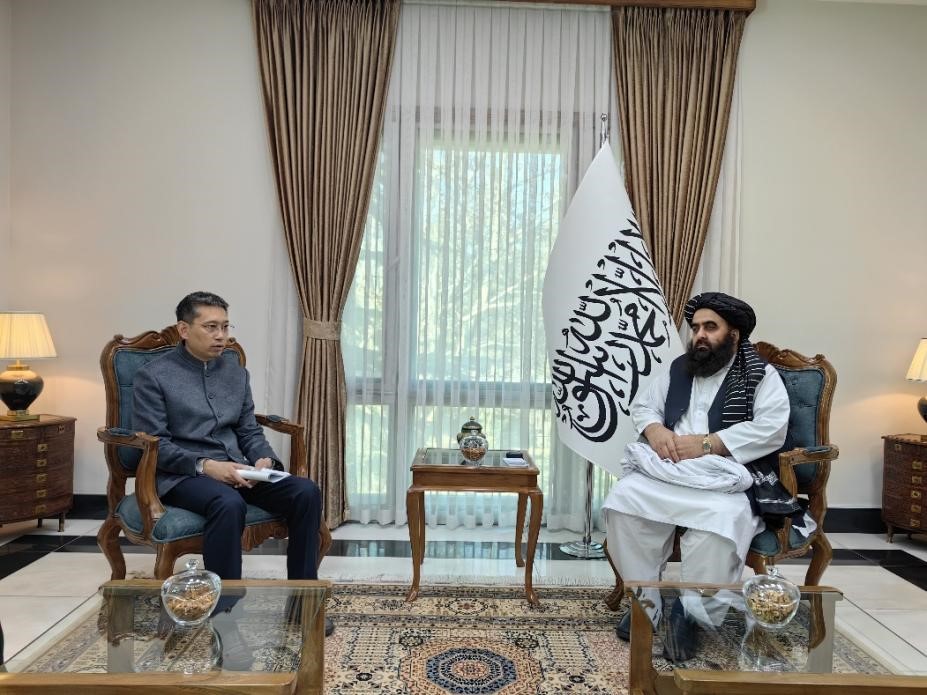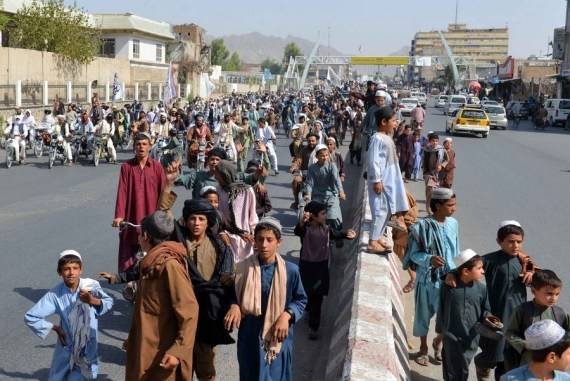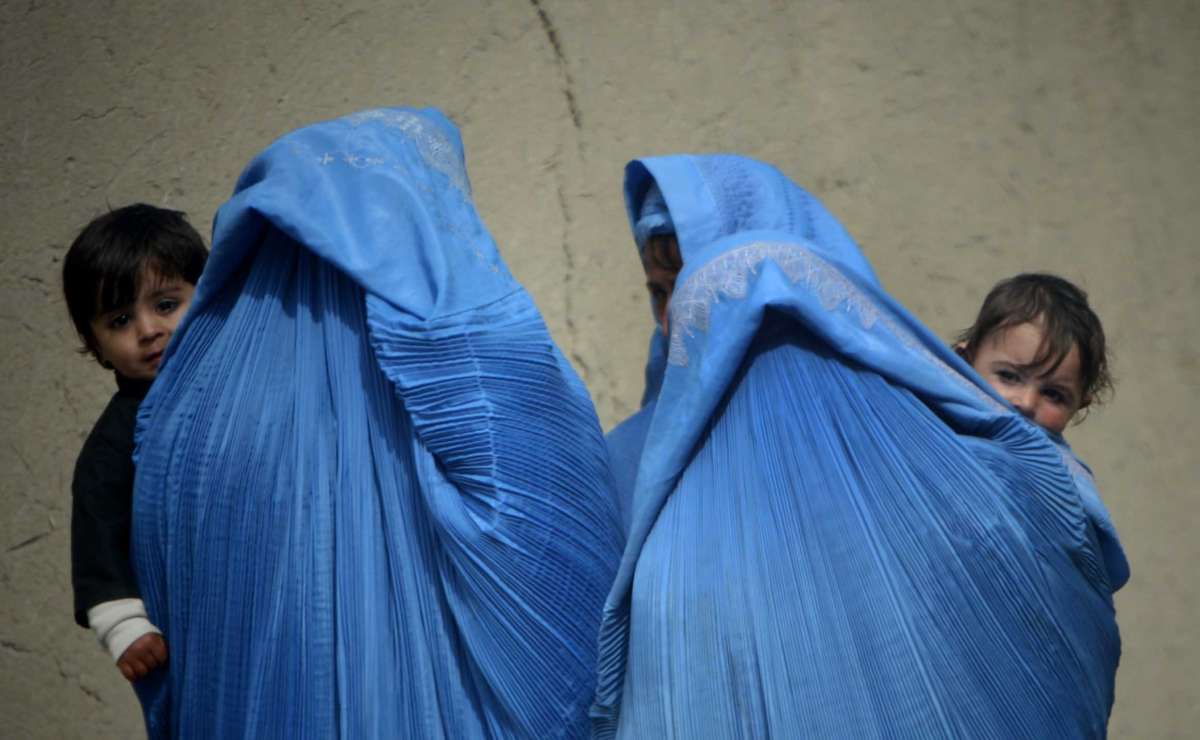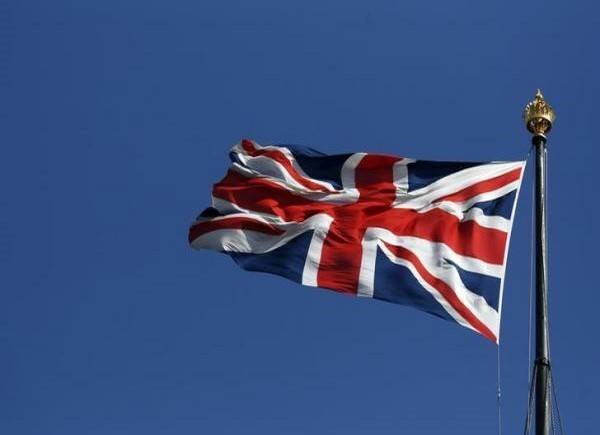With millions facing food insecurity, urgent international assistance is required to avert a humanitarian catastrophe….reports Asian Lite News
Afghanistan recently convened a conference in Kabul on January 29, bringing together special representatives and ambassadors from neighbouring and regional countries. The aim was for the Taliban regime to garner support and cooperation from these nations. Despite being unrecognized globally, the Taliban regime sought recognition and acceptance through this diplomatic endeavour.
During the conference themed ‘Afghanistan’s Regional Cooperation Initiative’, Foreign Minister Mawlawi Amir Khan Muttaqi emphasized the Islamic Emirate’s respect for others’ interests while seeking reciprocal respect for Afghanistan’s interests and development choices.
Among the participants was India, alongside China, Russia, and Pakistan, indicating broad international engagement in Afghanistan’s affairs. India’s involvement assumes significance amidst growing Chinese influence in the region and underscores the importance of maintaining dialogue with the Taliban, notwithstanding official recognition.
Meanwhile, longstanding border disputes between Afghanistan and Pakistan, particularly concerning the Durand Line established in 1893, persist. The boundary delineation remains contentious, exacerbated by the concentration of Pashtuns on both sides and recent escalations leading to border closures and heightened tensions.
The closure of key border points like Torkham and Spin Boldak by Pakistan, coupled with increased scrutiny on cross-border trade, has severely impacted Afghan traders and exacerbated an already dire food crisis. With millions facing food insecurity, urgent international assistance is required to avert a humanitarian catastrophe.
Recognizing the urgency, the United Nations will convene a meeting of Afghan envoys in Doha on February 18 and 19, inclusive of women representatives and civil society members. This collective effort seeks to address Afghanistan’s multifaceted challenges and chart a path towards stability and sustainable development in the region.
Meanwhile, the United Nations Development Programme (UNDP) in a report highlighted that Afghans are dealing with extreme hardships, and about 85 per cent of them live on less than one dollar a day, as reported by TOLO News.
According to the report, the situation became markedly worse after the Taliban took control over Afghanistan in August 2021, particularly for women who are currently facing severe restrictions that bar them from education and jobs.
Moreover, the latest UNDP research indicated that the real GDP of Afghanistan has declined by 29 per cent since 2020 and still continues to decline, TOLO News reported.
Reportedly, the decrees on women’s rights alone are estimated to have caused an economic loss between USD 600 million and USD 1 billion.
According to the report, UN Assistant Secretary-General and UNDP Regional Director, Asia-Pacific, Kanni Wignaraja, said that they aim at supporting women-owned businesses, job creation, and basic social services, among other goals.
“We focus on direct support to women-owned businesses, job creation, basic social services, renewable energy and disaster risk management to keep local economies running, ensure food and energy security, improve people’s wellbeing and protect them from disasters,” Wignaraja said.
Meanwhile, the World Food Programme (WFP) said that one in three Afghans do not know where their next meal will come from, as reported by TOLO News.
In its report, the WFP emphasised that it urgently needs USD 670 million to reach 15.2 million men, women and children with lifesaving food, nutrition, and livelihood support.
Stephane Dujarric, spokesperson for the UN Secretary-General, highlighted that the WFP warns that every province of Afghanistan is currently facing severe food insecurity.
“WFP warns that every province in the country is currently in crisis or worse levels of food insecurity. Previously, large-scale and sustained donor contributions helped carry millions of Afghans through two difficult winters and pulled back more than 5 million people from the brink of famine,” Dujarric said.
ALSO READ: Pakistan Closes Iran, Afghanistan Borders


